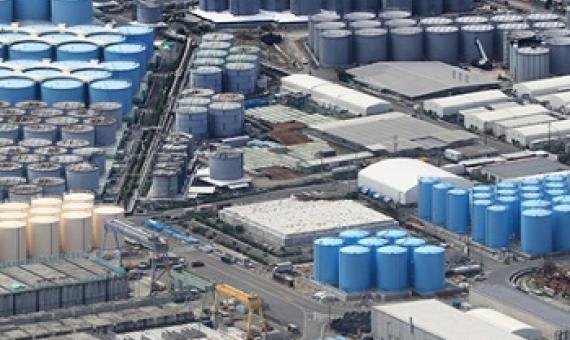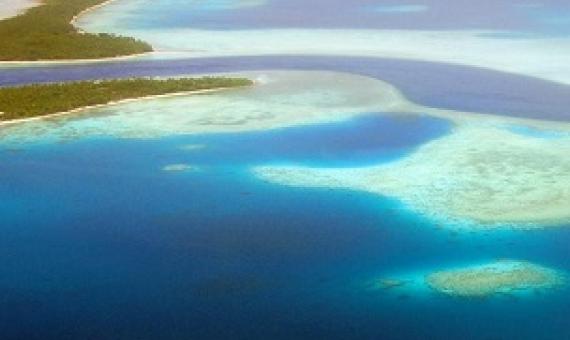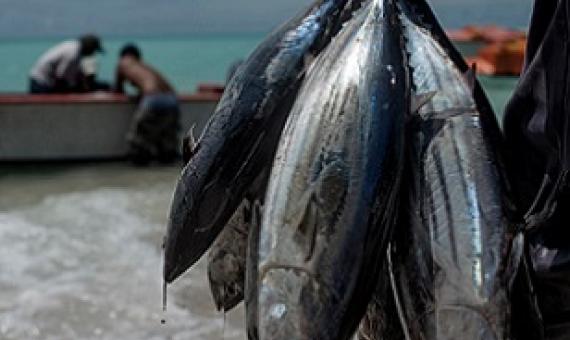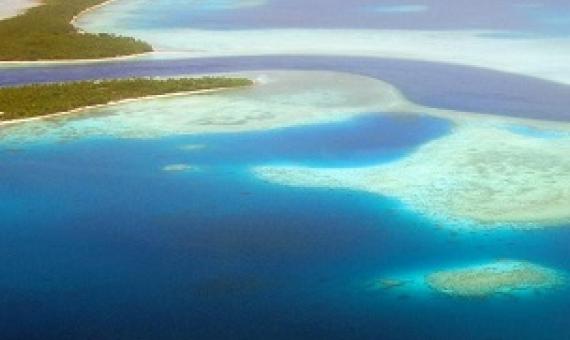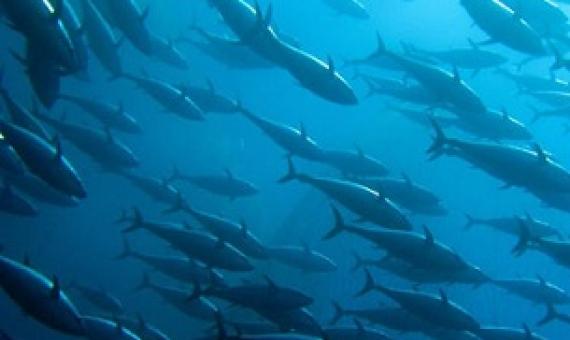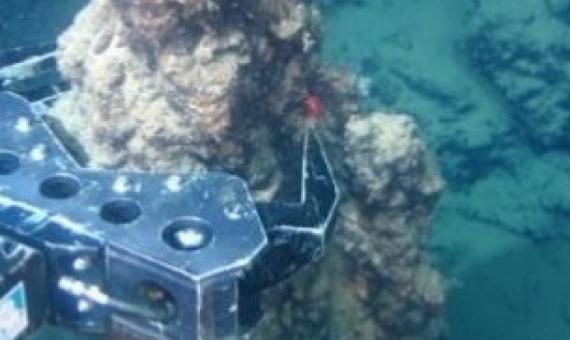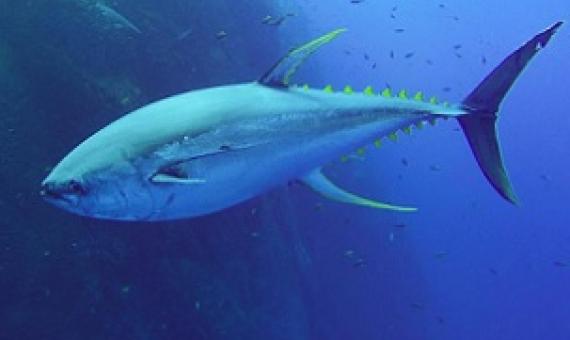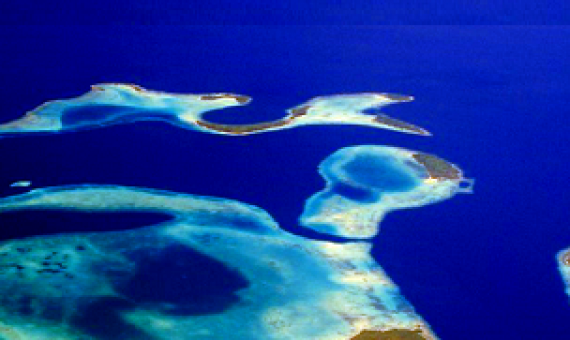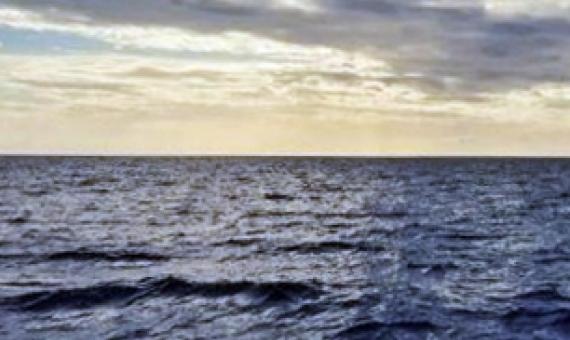Pacific nations and territories aren’t yet convinced their people and waters will be safe when Japan discharges processed nuclear wastewater into the Pacific, as it recently announced it plans to do.
Some months ago, I was part of a special ocean and culture story-telling workshop on my home island of Erromango, in southern Vanuatu.
The International Day of Peace, celebrated on September 21st, is an open invitation to cease hostilities in the world. It is also a moment to reflect on how people interact with the environment on land and at sea.
This month, ADB issued its first blue bond, driving forward its ambitious plan to build sustainable blue economies and to use the financial markets to scale up ocean solutions...In 2019, ADB launched its Action Plan for Healthy Oceans and Sustainable Blue Economies for the Asia and Pacific region
Longstanding concerns over the South Pacific’s stock of albacore tuna have been raised once again at a recent meeting of the Western and Central Pacific Fisheries Commission’s (WCPFC)Scientific Committee.
The prospective deep sea mining company, DeepGreen Metals, is hoping Sustainable Opportunities Acquisition Corp (SOAC) shareholders will approve the business combination with it, at this Friday’s Extraordinary General Meeting (EGM).
Pathways to sustaining tuna-dependent Pacific Island economies during climate change
Climate-driven redistribution of tuna threatens to disrupt the economies of Pacific Small Island Developing States (SIDS) and sustainable management of the world’s largest tuna fishery. Here we show that by 2050, under a high greenhouse gas emissions scenario (RCP 8.5), the total biomass of three tuna species in the waters of ten Pacific SIDS could decline by an average of 13% (range =−5% to −20%) due to a greater proportion of fish occurring in the high seas.
The climate crisis and warming waters may cause tuna to redistribute, threatening tuna-dependent economies in the Pacific, a new study concludes.
A recent study conducted by geomatic engineer Mahyat Shafapour Tehrany and environmental science professor Lalit Kumar identified 150 vulnerable terrestrial vertebrate species throughout the Pacific islands region that are most susceptible to extinction due to the impact of climate change.
The UK Government has signed an agreement with the Pacific Community (SPC) for £263,000 (US$359,000) that will help Fiji, Vanuatu, Solomon Islands, and Tonga to secure the rights and responsibilities over their respective ocean spaces. Pacific Island Countries (PICs) are the custodians of 20

